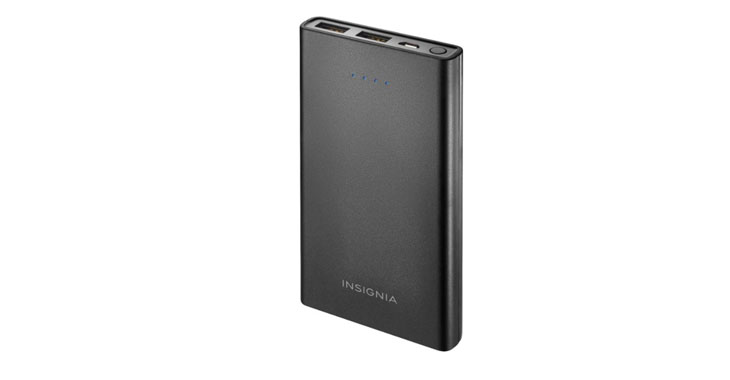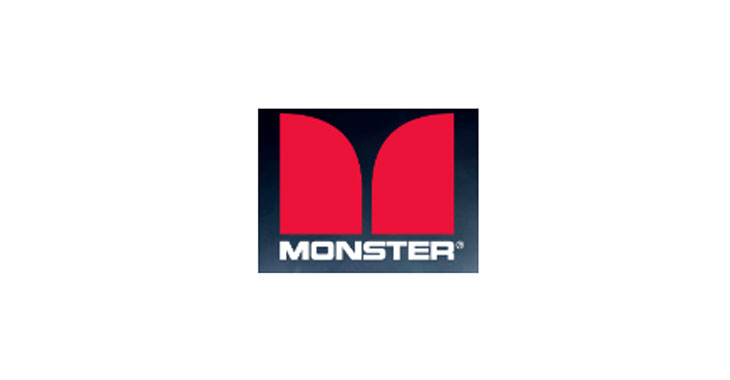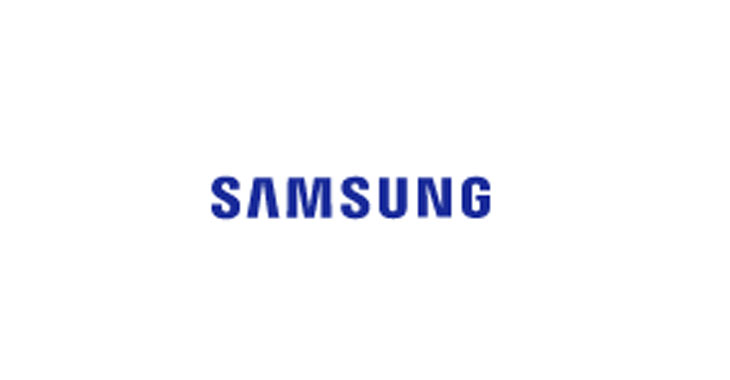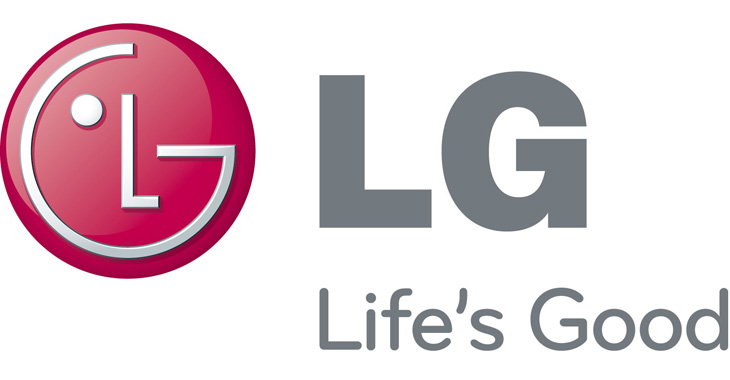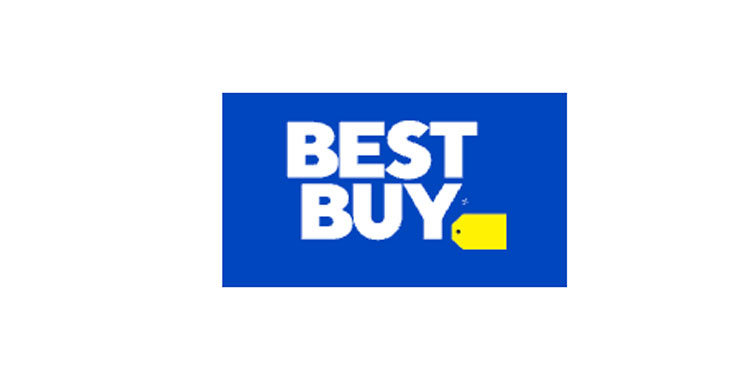
Discounts at Best Buy
Allegations: Falsely advertising discounts off of artificially inflated reference prices and as available for a limited time
January 2016: A federal judge dismissed all of the false advertising claims in this class-action, finding, among other things, that the named plaintiff did not sufficiently plead that he relied on the allegedly false claims. The judge also dismissed the claims against Best Buy because the named plaintiff did not cite any authority to support the position that Best Buy can be held liable for Monster Inc.’s alleged actions. Some of the warranty claims will move forward.
August 2015: A class-action lawsuit was filed against Monster Inc. and Best Buy for allegedly falsely representing that 1080p and 4K HDTVs will only work properly if consumers use Monster brand High-Definition Multimedia Interface (“HDMI”) cables with bandwidths of 18.0, 22.5, or 27.0 gigabits per second (Gbps) when, in reality, HDMI cables with a bandwidth of 10.2 Gbps “can transmit all 1080p and 4K signals perfectly.” (Perez et al v. Monster Inc. and Best Buy Co., Inc., Case No. 15-cv-3885, N. D. CA.)
For more information about other class-action lawsuits filed against Best Buy and TINA.org’s coverage of the store, click here.
Allegations: Falsely advertising discounts off of artificially inflated reference prices and as available for a limited time
Allegations: Falsely marketing that televisions have features that they do not have
Allegations: Failing to honor its Price Match Guarantee
Allegations: Deceptively marketing programs as free without adequately disclosing that they automatically switch to paid subscriptions unless consumers cancel
Allegations: Offering services to install home security systems without having proper licenses from the state of California or confirming third-party installation companies had the proper licenses
Free tablet promotion caused consumer confusion by not adequately disclosing terms.
The fine print of Price Match Guarantees.
If an electronics store sends you an email advertising a $2200 television as being on-sale for $999, should you actually be able to buy the television at the $999 price?…
More than 70 percent of advertisers who announced they are running commercials in this year’s Super Bowl have been accused of false or deceptive advertising.



